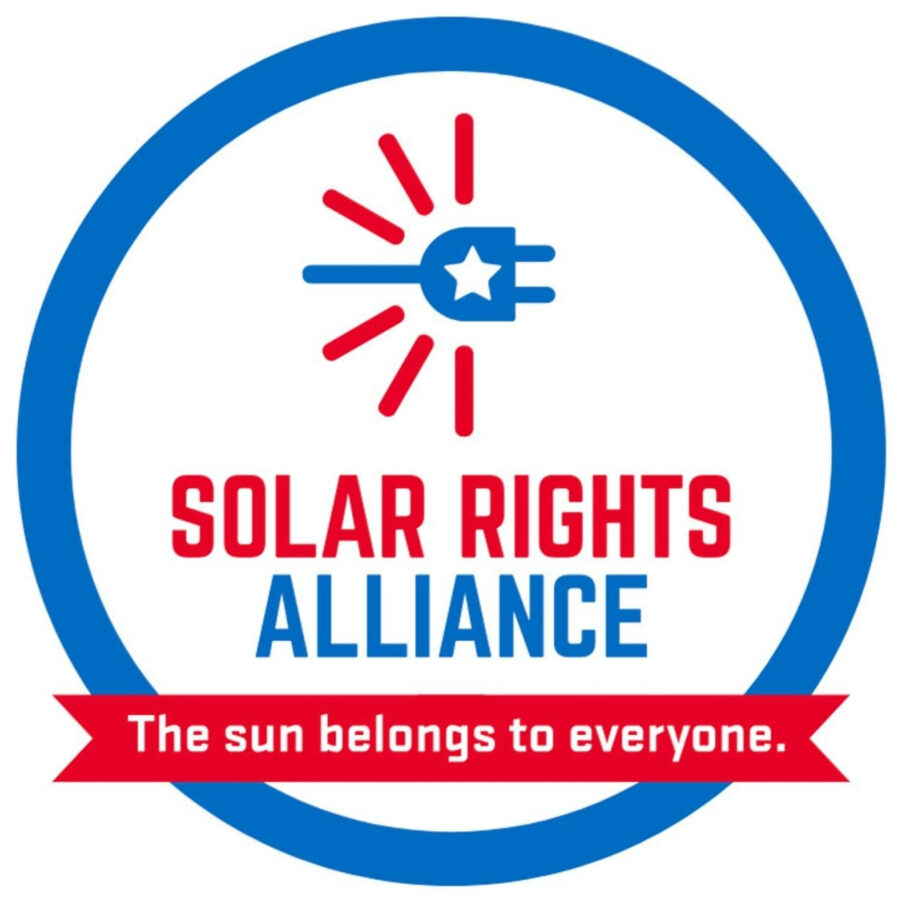The state Contractor Licensing Board (CSLB) has proposed a utility-backed proposal that could threaten the warranties on many people’s solar and battery systems. Overall, their proposal would make it more difficult and expensive for consumers to install and repair solar-powered batteries.
What is being proposed
- The Contractors State Licensing Board (CSLB) has proposed prohibiting licensed solar contractors from doing the following:
- Adding a battery to a solar system they already installed.
- Making repairs or modifications to an existing solar and storage system they already installed.
- Installing a battery larger than 80 kWh.
- Only electricians would be allowed to do the work prohibited above.
- The new regulations that have been proposed will be either approved, modified, or rejected by the full 15-member Board of the CSLB.
This proposal would force many solar users to take actions that could void the warranty on their solar and/or battery systems
- Most solar and battery systems are installed by licensed solar contractors rather than electricians. The solar contractor’s license is a specialty trade that has been around for over forty years in California. Licensed solar contractors train more extensively on battery installations than licensed electricians because it is such a core part of what they do.
- If a solar user wants to add a battery to their existing solar system or make repairs or modifications to their existing battery, they usually have the original solar installer to do the work—or risk voiding their warranty.
- Thus, these proposals put the consumer in an impossible situation, in which state regulations would force them to hire someone else to do the work, voiding their warranty in the process.
- In addition, these rules would remove thousands of existing local solar companies and workers from the market, including very experienced battery installers. This would limit choices for consumers and drive up the cost of getting solar and/or a battery.
The proposal would make it more difficult for consumers to install whole-home backup or off-grid systems
- The CSLB is also proposing regulations that would prohibit licensed solar contractors from installing a battery above 80 kWh.
- While many simple residential battery systems are below this threshold, many consumers are buying larger batteries, especially in the high desert regions of the state, those wanting to go off grid, or consumers who want complete whole-home backup.
Regulators have not provided evidence to support their proposal
- The CSLB itself has found no evidence of a problem in the safety or quality of the work performed by licensed solar installers. CSLB’s 2019 report on this issue found the following:
“The CSLB has solicited but not received examples of workmanship, or serious injury or death that has resulted from installation of ESS paired with solar photovoltaics. As for its own records, the CSLB polled its enforcement field offices to determine if in the past calendar year, if any of the 21,301 complaints CSLB opened involved energy storage systems. The field offices reported zero results.”
“The CSLB also received a report from the California Division of Occupational Safety and Health on the injuries reported over the last fiscal year in the Department of Industrial Relations’ electrical classification, and none of the reports identified accidents involving the installation of battery energy storage systems.”
- The CSLB also acknowledges that while both solar installers (C-46 license) and electricians (C-10 license) are qualified to install batteries, that solar installers train more extensively for battery installations than licensed electricians. The CSLB Licensing Committee meeting notes from February 23, 2018 state:
“The exams for both the C-10 (Electrical) and C-46 (Solar) include questions on energy storage systems. The C-46 exam covers the topic more extensively than does the C-10 exam, and every version of the C-46 exam contains questions on the topic, though not every version of the C-10 exam does. “ (p. 94)
- If you want to see for yourself, here are CSLB’s study guide for the C46 and the C10 licenses.
- Despite this, the CSLB, under pressure from the utilities, has forged ahead with this proposal in the name of safety.
This proposal smells of utility influence
- The CSLB does important work protecting consumers and maintaining contractor standards. However, this proposal appears more about helping the utilities limit access to rooftop solar and battery, and not about protecting consumers.
- In 2018, the utilities proposed that the CSLB revoke the ability for licensed solar contractors to install batteries, and that batteries be the exclusive jurisdiction of licensed electricians only.
- The CSLB has rejected that idea, but have proposed regulations that are still unreasonable and unworkable for consumers.
- The utilities’ likely objective is to use highly technical changes through a little-known government process to further hamper the rooftop solar and battery market.
Where we go from here
Thank you to the hundreds of people who sent in a written public comment and the dozens of people who called in to the CSLB meeting to oppose their proposal.
The CSLB plans to make their final decision in 2024. We will keep you posted with any developments and ways to take action.
Additional Resources
- CSLB’s Notice of Proposed Rulemaking, Initial Statement of Reasons, and Proposed Language
- Consumer tips for buying a solar-powered battery.
